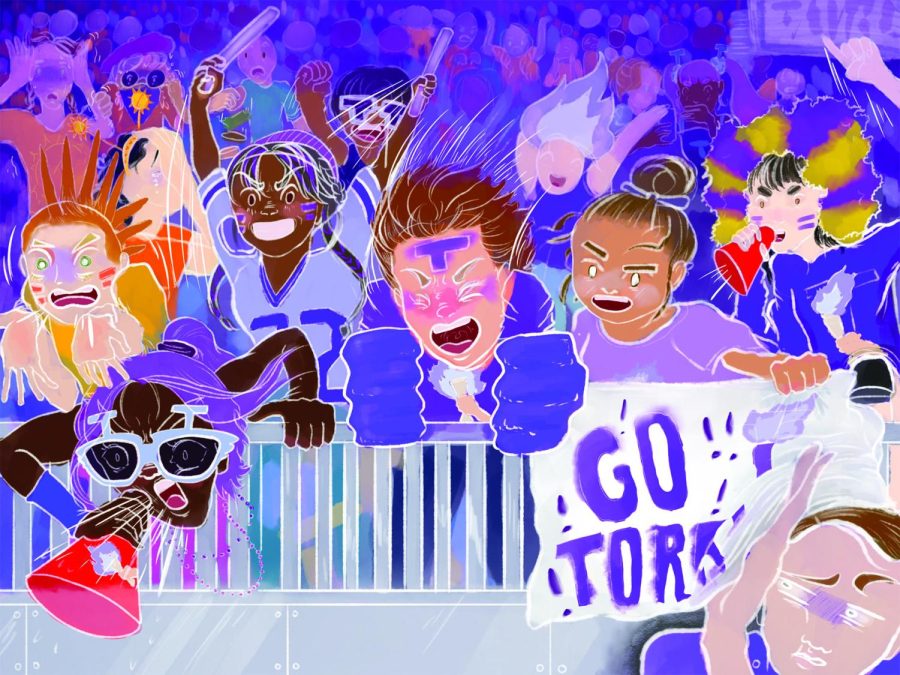The ridicule of the teenage girl
In second grade, I switched out my dresses for basketball shorts and T-shirts. By third grade, I made sure everyone knew my favorite color was anything but pink. Video games seemed more fun than dress-up. Legos replaced Barbies. Basketball, soccer and softball were far more appealing than dance.
At the time, I was oblivious to the factors behind my clothing choices, color preferences and pastimes. While reflecting on my childhood, I wonder if I had subconsciously internalized the misogyny in my life, which deterred me from pursuing anything that could label me as a girly-girl.
As a teenage girl, my determination to evade stereotypes for girls did not falter, but what I quickly learned was that avoidance was nearly impossible. Through social media, I watched every activity, every hobby and every passion of teenage girls get ridiculed and mocked. It felt like there was nothing young girls could enjoy without being invalidated.
Girls who wear makeup are shallow. Girls who play sports are inferior to boy athletes. Girls who play video games are searching for validation from boys. Girls who drink iced coffee with creamer are basic. Girls who listen to mainstream female artists have boring taste in music. The scrutiny is unavoidable. Even at the other end of the spectrum, the girls who wear no makeup, play female-dominated sports, wear unique clothing and listen to rap are labeled “pick-me” girls, and the validity of girls’ interests are once again up for question. It truly feels like everyone is determined to poke fun at girls for simply existing.
This hypocrisy seems to be continuously perpetuated by everything and everyone around us. One of the most notable place I see it is in girls’ music preferences.
Harry Styles, Justin Bieber and Taylor Swift seem to attract a mainly female audience. These artists often provoke screaming and sobbing when they perform or release music, and are beloved by their fans. Yet, rather than recognizing these actions as simple expressions of joy, fangirls are labeled insane and hysterical. But when male sports fans cover themselves in a team’s colors with their bodies painted and flags raised high, no one says a word.
Over time, I repeatedly witnessed the hypocrisy between the judgment of genders’ interests, my own mindset was altered. While male sports fans unashamedly yell derogatory words and show physical aggression when their team loses, I feel compelled to hide that my No.1 artist on Spotify last year was Taylor Swift. What could be more embarrassing than admitting I liked a strong female artist?
I am feeding into a culture that harms girls every time I avoid wearing certain clothes or demonstrating interest in an activity out of fear of being humiliated. My most unsettling realization is that I am part of the problem. While I may have enjoyed all the activities I participated in growing up, there is a reason I never pursued female-dominated pastimes.
It has become far too easy to pick on the girls around us, which only degrades ourselves in the process.
The key to escaping this vicious cycle is for girls to start enjoying their interests and passions in the public eye while allowing others to do the same without passing judgment. So next year, I hope to share that I am once again in the top .01 percent of Taylor Swift listeners on Spotify, as my own resistance against the excessive ridicule of the teenage girl. It’s time to let girls exist.


